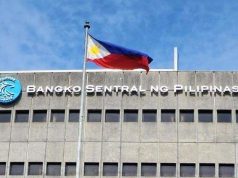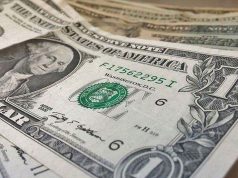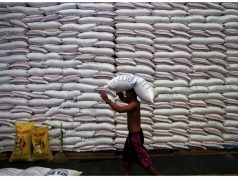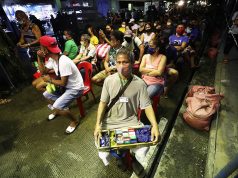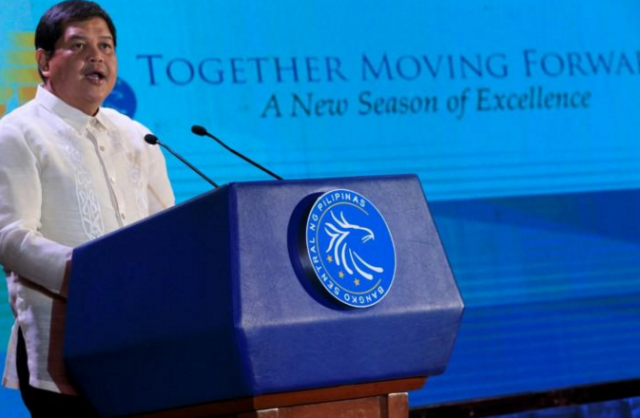
MANILA – There is little room for the Bangko Sentral ng Pilipinas (BSP) to keep interest rates steady as inflation is expected to overshoot its four percent target, with analysts pricing in a rate hike by March.
ANZ Research said the central bank would need to raise policy rates by 25 basis points during its March 22 meeting.
“A likely breach in the inflation target alongside intensifying external imbalances suggest that the central bank will need to hike policy rates. We expect tightening to commence in March,” economists Eugenia Fabon Victorino and Sanjay Mathur said in a research note, adding that the window to keep policy steady is “rapidly narrowing.”
The BSP’s policy-setting Monetary Board kept benchmark rates unchanged on Thursday, even as it noted that inflation will remain on the rise over the coming months.
The central bank raised its inflation forecast to 4.3% for 2018, higher than the 3.4% previously expected and beyond the 2-4% target band. BSP Managing Director Francisco G. Dakila, Jr. said monthly inflation will eventually normalize by March 2019, which will keep next year’s average down to 3.5%.
Mr. Dakila attributed the higher forecast to the impact of the tax reform law which took effect last month, alongside rising global crude oil prices and the faster-than-expected January inflation rate at four percent.
The ANZ economists said they see strong domestic demand to keep pushing prices upward, against the BSP’s view that price drivers will remain “short-lived.” The bank analysts said the central bank may even consider more than two rate hikes this year if inflation sustains its uptrend.
On the other hand, ING Bank N.V. Manila senior economist Jose Mario I. Cuyegkeng said the central bank appeared to be “dovish” about the inflation path despite an expected spike this 2018, as it expects the rate to return within target by next year.
“We believe the BSP will need to stabilize inflation expectations in the coming months as the market also considers another wave of excise tax increases and second-round effects in 2019,” Mr. Cuyegkeng said, as he floated the possibility of a tightening move next month.
BSP Governor Nestor A. Espenilla, Jr. said the monetary authority is “watchful” against the second-round impact of the tax reform law to inflation, as well as a “broader-based” increase in commodity prices.
The Tax Reform for Acceleration and Inclusion Act imposed an additional P2.50 excise tax per liter of diesel and P3/liter for kerosene, which came at a time of three-year highs for world crude prices. The new law also introduced additional taxes on cars, coal, sugar-sweetened drinks, sin products and a host of other goods and services.





